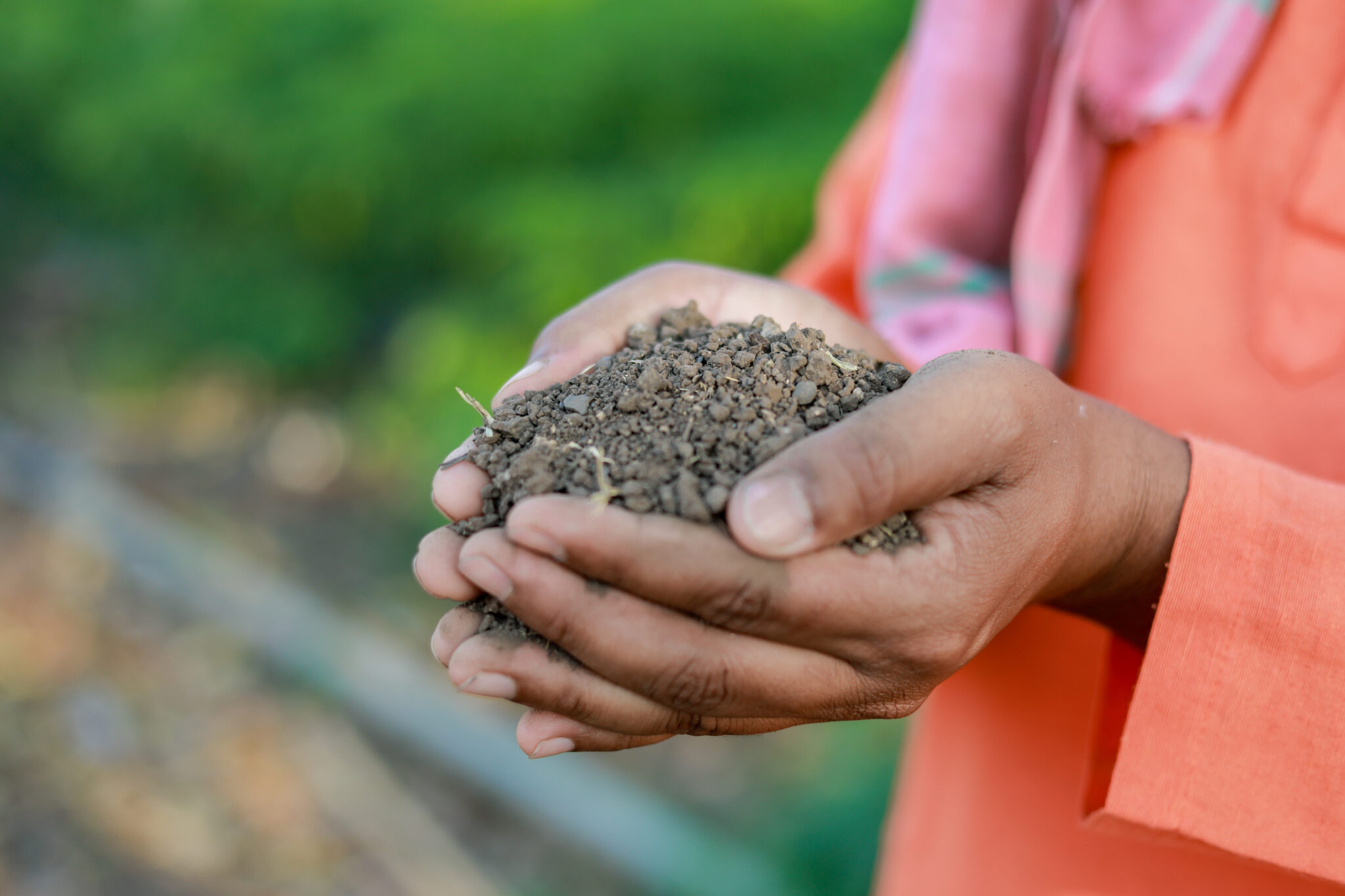Studying the Effect of Adopting Regenerative Agriculture Practices on Smallholder Farmer Livelihoods

Photo credit: SDV Ads | Adobe Stock
Policy Context
Agriculture is a major contributor to Greenhouse Gas Emissions (GHG). Regenerative agricultural practices (e.g. limited tillage, residue retention, modified fertilizer and manure choices, cover crops, and biochar) rebuild soil organic matter and restore soil biodiversity, which may increase soil carbon sequestration, reduce GHG emissions, and potentially boost agricultural yield. A growing carbon credit market has emerged to provide a market-based mechanism to encourage the adoption of regenerative agricultural practices. Small farms in low- and middle-income countries could benefit financially from being connected to commercial firms that provide carbon credits based on farmers’ carbon sequestration practices.
Study Design
Researchers will encourage fifty smallholder farmers in rural Odisha, India to adopt agricultural interventions intended to increase soil carbon sequestration. Farmers will receive payouts of $60 per acre based on their adoption of a set of clearly defined regenerative agricultural practices. Farms will then be observed over three growing seasons, with a second payment made based on observed improvements in soil organic carbon and nitrogen – measured with soil analyses. In addition, researchers will explore publicly available satellite data resources as a future complement to soil analyses.
Results and Policy Lessons
This pilot is ongoing and findings are forthcoming.

